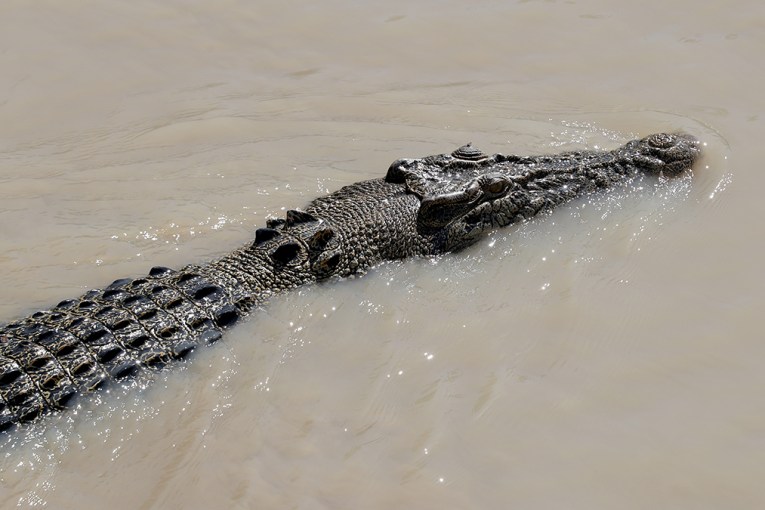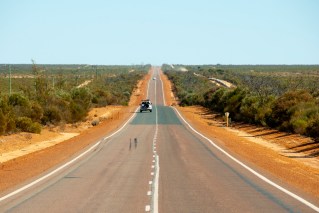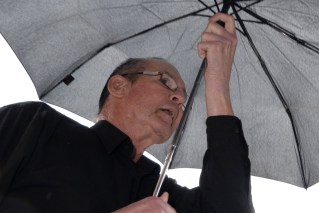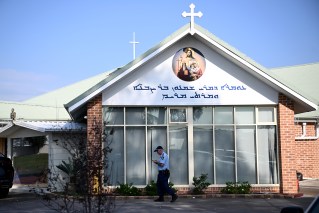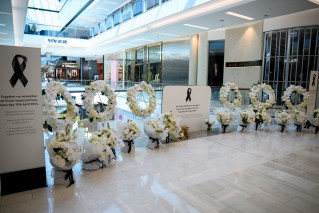NATO member countries examined new ways to bolster the defences of nations on the organisation’s eastern flank as Russia’s military build-up around Ukraine fuels one of Europe’s biggest security crises in decades.
Over two days at NATO headquarters in Brussels, defence ministers were to discuss how and when to rapidly dispatch troops and equipment to countries closest to Russia and the Black Sea region should Moscow order an invasion of Ukraine.
US Defence Secretary Lloyd Austin and his counterparts also plan to weigh the possibility of stationing troops longer-term in southeast Europe, possibly starting later this year.
The US has started to deploy 5000 troops to Poland and Romania.
Britain is sending hundreds of soldiers to Poland and offering more warships and planes. Germany, the Netherlands and Norway are sending additional troops to Lithuania. Denmark and Spain are providing jets for air policing.
“The fact that we have deployed more NATO troops on the ground, more naval assets, more aircraft, all of that sends a very clear message,” NATO Secretary General Jens Stoltenberg said.
“I think there is no room for any miscalculation in Moscow about our commitment to defending allies.”
The deployment has come in response to a formidable challenge.
Over the last four months, Russia is estimated to have amassed around 60 per cent of its entire land forces and a significant portion of its air force to the north and east of Ukraine, as well as in neighbouring Belarus.
Moscow has appeared ready to repeat its 2014 invasion of Ukraine, but on a grander scale.
Russian President Vladimir Putin wants NATO, the world’s biggest security organisation, to stop expanding.
He demands that the US-led alliance pull its troops and equipment out of countries that joined after 1997 – almost half of NATO’s 30-strong ranks.
NATO cannot accept his terms. It’s founding treaty commits to an “Open Door” policy for European countries that want to join, and a mutual defence clause guarantees that all members will come to the defence of an ally under threat.
Ukraine, though, is not a member and NATO, as an organisation, is not willing to come to its defence.
That said, some member countries are helping Ukraine more directly, such as the US, Britain and Canada.
“We will be providing both lethal and non-lethal aid to Ukraine. This is a very significant issue for us all,” Canadian Defence Minister Anita Anand said.
But the “massive costs” promised to Putin should he order an invasion would be economic and political, mostly in the form of sanctions, which are not part of NATO’s remit.
Over the last two days, Russia has said that it was returning some troops and weapons to bases, but Stoltenberg said the allies saw no concrete sign of a drawdown and concern that that Russia might invade Ukraine persists.
“They have always moved forces back and forth, so just that we see movement of forces, that doesn’t confirm a real withdrawal,” Stoltenberg said.
-AAP
